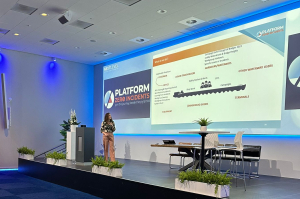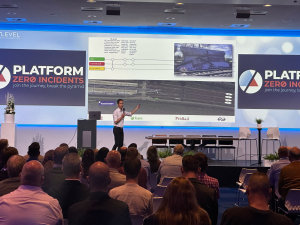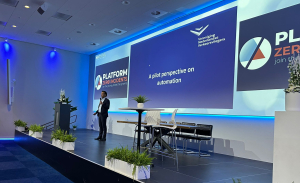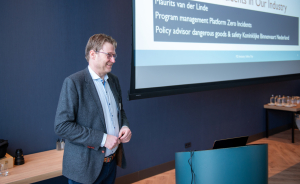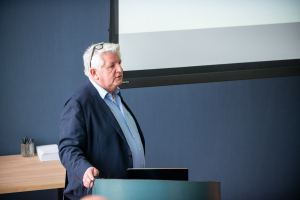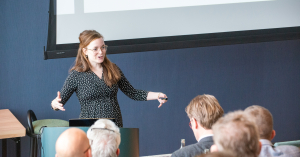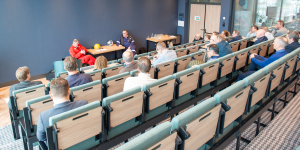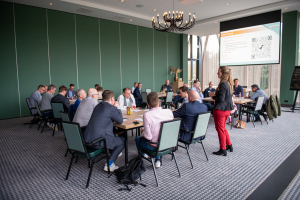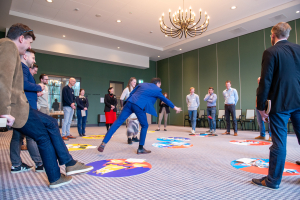Correct connection bunkering
Recommendation Leads to Change in ESTRIN 2025: Important Step Towards Safer Bunkering
A recommendation from the “Properly Connected Bunkering” working group – a collaboration between NOVE, KBN, and PZI – has led to a change in European inland navigation regulations. The newly published ESTRIN 2025 (Article 8.06, paragraph 5) now includes a technical measure aimed at preventing incorrect fuel hose connections during bunkering. This amendment (effective from 1 January 2026) is an important step towards safer bunkering and demonstrates that targeted cooperation between industry partners can lead to real, structural improvements.
Although work on improving safety is not always visible, this is a concrete and visible result. “This is an example of how industry partners can achieve real changes in regulations through consultation and knowledge sharing,” says Maurits van der Linde, Safety and Dangerous Goods Policy Advisor at KBN. PZI and NOVE played an important role as co-initiators, while KBN led the political process to have the change officially included in the ESTRIN standard.
Incorrect Connection: Small Mistake, Big Consequences
The recommendation was prompted by a series of incidents where incorrect fuel hose connections had serious consequences. In 2012, two people were seriously injured, and in 2019, a fire broke out in an engine room. There have also been many smaller incidents, including fuel spills, operational delays, and even threats to the operating licenses of bunkering stations.
Although color coding was previously introduced (see ESI-II-14), in practice, visual signals alone have proven insufficient. “People make mistakes for many reasons: stress, fatigue, time pressure, or unclear instructions. A technical adjustment that makes incorrect connections physically impossible is simply more effective,” says Kristel Reiling, Program Manager at PZI.
Technical Solution: Safer by Design
The new provision in ESTRIN now requires a standardized type of connection, minimizing the risk of errors when connecting hoses. This is a typical example of a ‘foolproof’ measure: not dependent on human action, but built into the design of the installation itself.
Stronger Together for Safety
PZI emphasizes that this development not only improves safety in the sector, but also shows what a well-functioning cooperation platform can achieve. “We are proud that we were able to contribute to this improvement through our practical experience and data collection. Together with NOVE, and thanks to the efforts of KBN, this is now legally established.”
The amendment in ESTRIN 2025 has now been officially published on the CESNI website (see: www.cesni.eu). PZI calls on all parties in the sector to prepare in time for the new requirements and to continue working together for a safer inland navigation sector.

